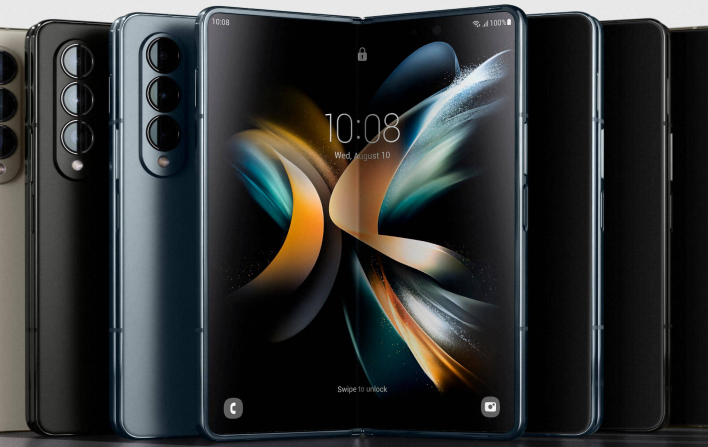Samsung Pokes At Stagnant Apple Innovation, Hints When A Foldable iPhone May Launch

Earlier in October, Samsung’s mobile division reportedly met with parts suppliers over strategy development. At these meetings, TheElec claims that “considerable time” was spent discussing Samsung’s foldable smartphone strategy, and how that might shape up in the next few years. Specifically, it is thought that the foldable market will have a compound annual growth rate (CAGR) of 80% by 2025. However, it is also projected that this market will not be solely dominated by Samsung by that point either.
Samsung believes that by 2024, Apple will have joined the foldable device market through laptops and tablets before introducing a phone. This also aligns with some of the rumors that we have heard previously regarding a foldable iPad. However, due to this delay, the South Korean tech giant also shared that millennial iPhone users in South Korea are switching to Samsung foldable devices three to four times faster than before, so Apple may have some catch-up work to do moving forward. Perhaps this delay is precisely what Samsung is poking fun at in its latest ad campaign, shown above, talking about foldables and how users of an “unnamed smartphone brand” that suspiciously looks like the iPhone must wait for new smartphone features and innovation.
At the end of the day, we may be moving toward a world of foldable smart devices that allow for more screen real estate, without giving up much space and portability. However, several things need to be shored-up before that can ever happen, like glass supply chains, weight and thickness limitations, and other problems that all contribute to the challenges of this major smartphone redesign effort. Regardless, it will be exciting to see how Apple may or may not choose to compete in this market in the future.

